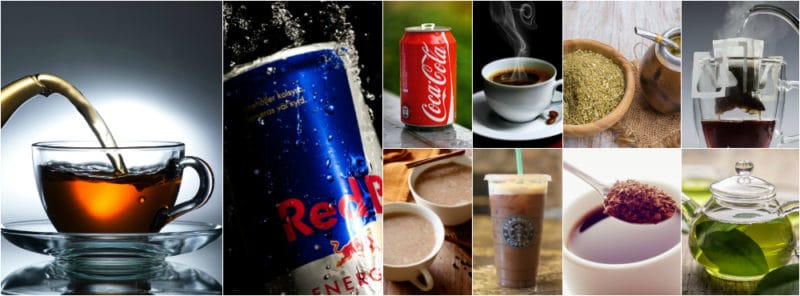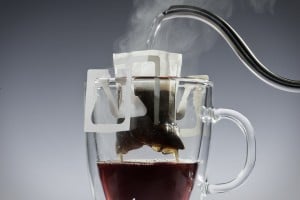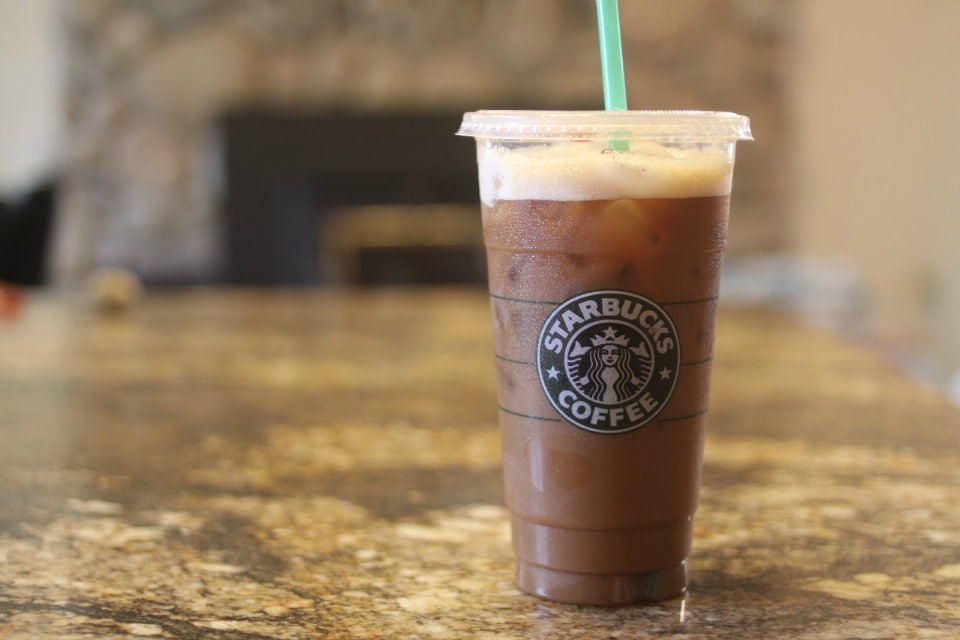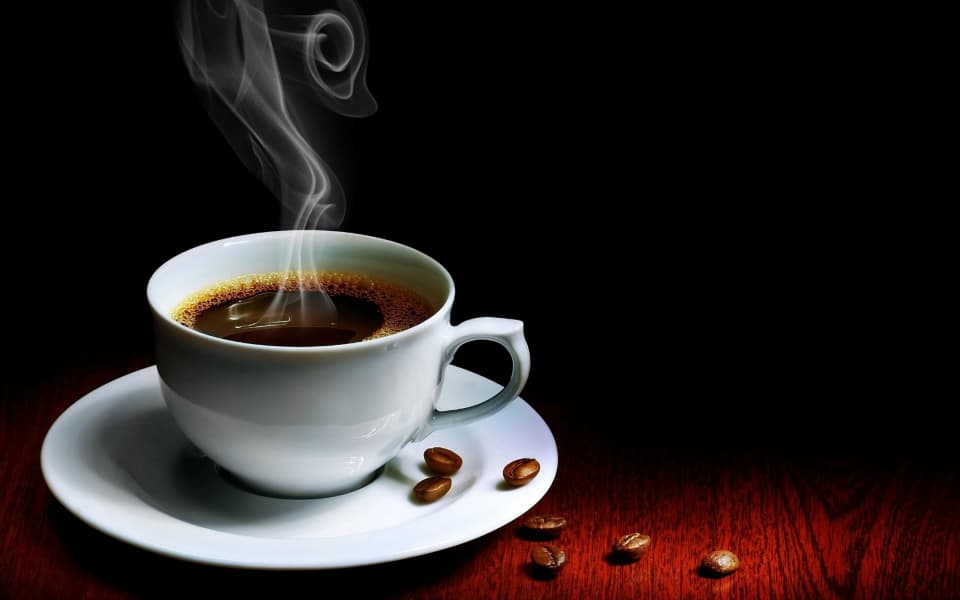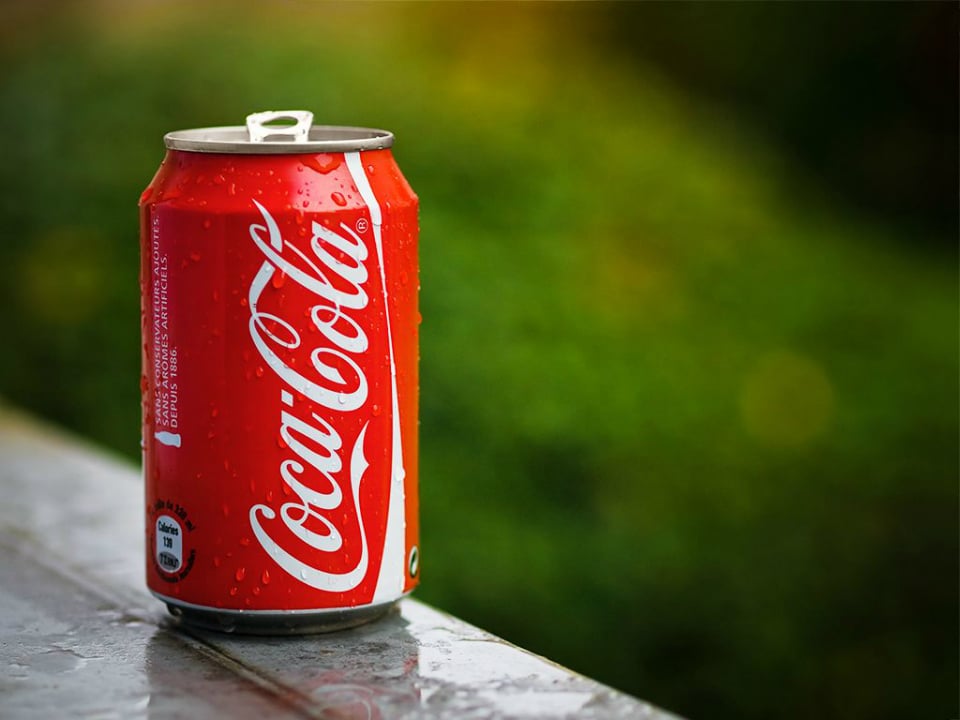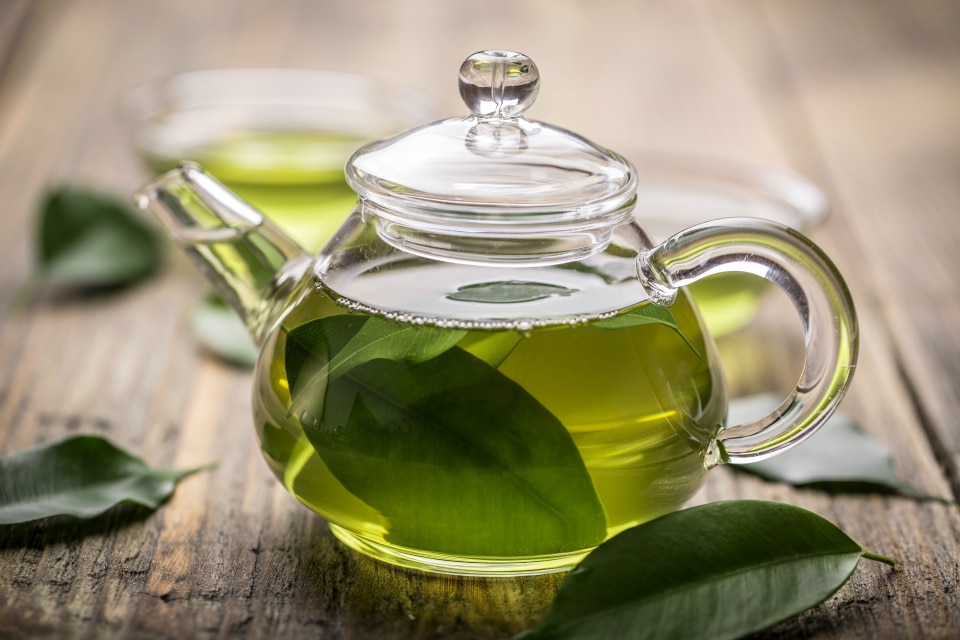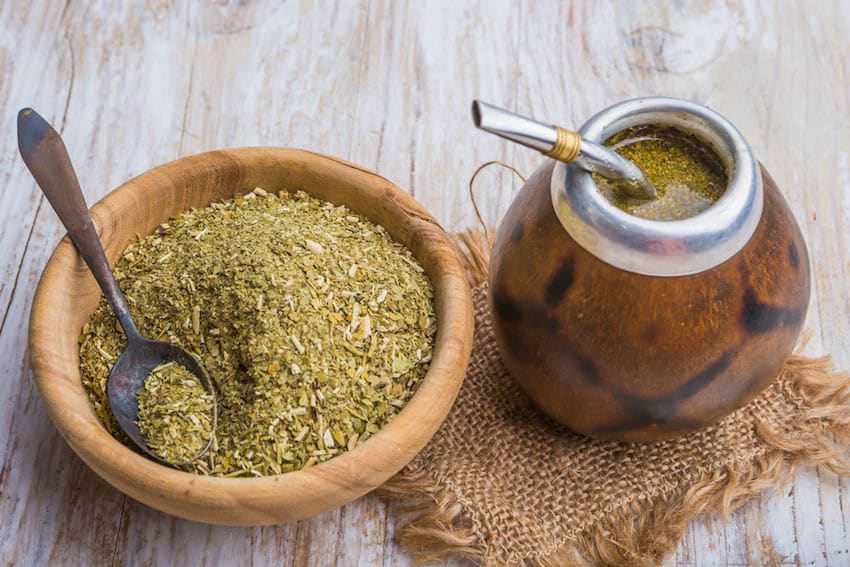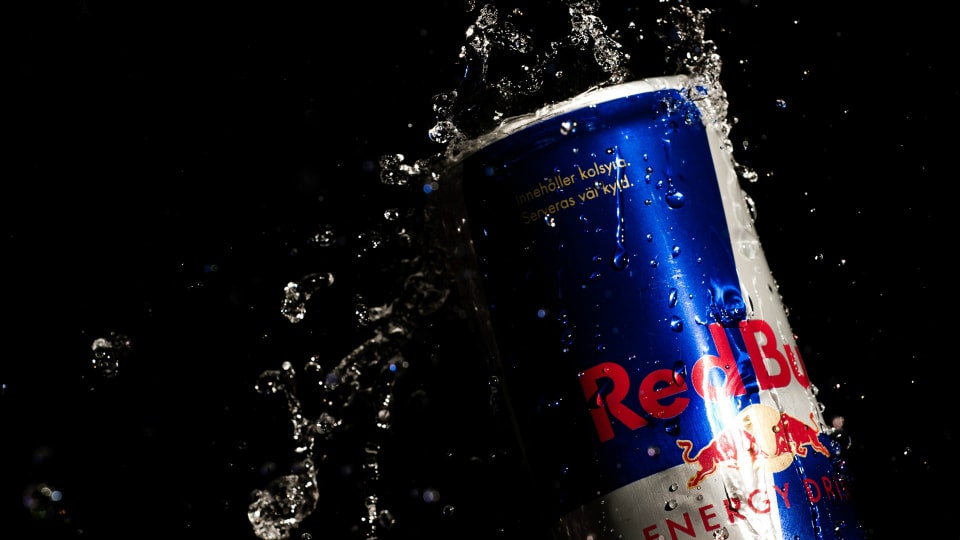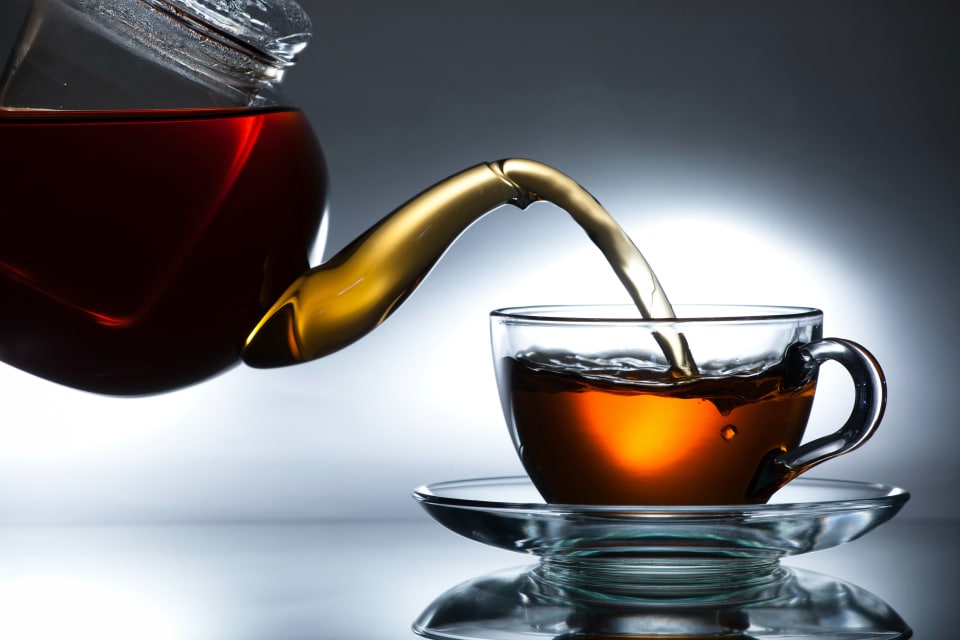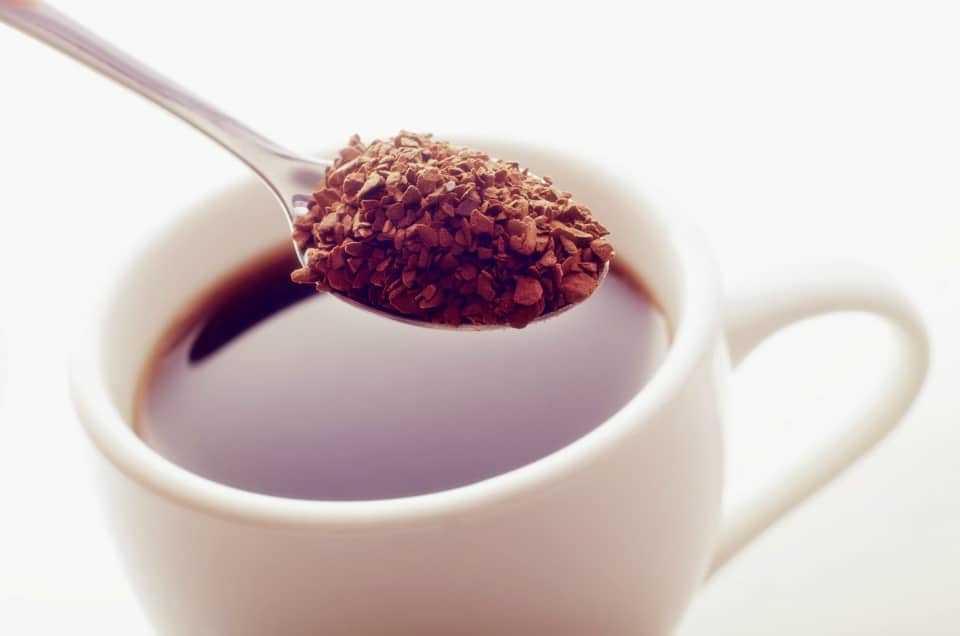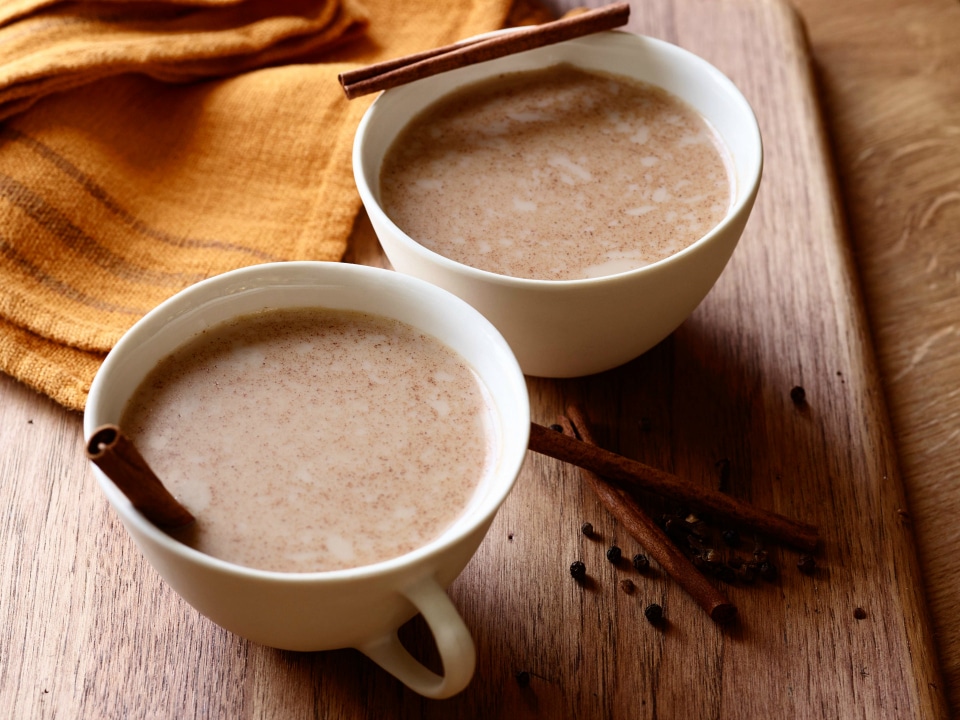In this article
Ah, caffeine — America’s favorite aromatic pick-me- up.
Most doctors and health experts will say that consuming 300mg of caffeine each day is safe. But safe doesn’t always mean it’s good for you. And given the caffeine content in many popular drinks, it doesn’t take long to rack up that much — or more — caffeine in your system.
Regular caffeine consumption comes with a whole host of health issues, including chronically low energy levels (despite being a “pick-me-up”), the reduced ability to cope with life’s everyday stressors, blood sugar imbalances and even midsection weight gain.
If you think I sound crazy based on what I’m telling you about something you may enjoy each day, I’ll explain exactly how caffeine works and why it can have such a detrimental impact on the body.
How Caffeine Affects the Body
Caffeine is a drug. And although it’s a widely used and accepted drug, available on the corner of every block, it’s an addictive substance that terrorizes your body and creates a dependency the same way any other drug does.
When you drink caffeine, a few things happen:
#1. Your energy levels quickly skyrocket and you become more alert.
This is because caffeine triggers the release of adrenaline and cortisol from your adrenal glands – the exact same response that’s elicited when you encounter a stressful situation, such as a car crash.
Your adrenal glands are two little glands that sit on top of your kidneys and regulate your body’s ability to handle stressors.
To naturally cope with stressful situations, your adrenal glands release stress hormones which pump your body full of energy.
This mechanism was helpful when we were Neanderthals running from bears, but it’s definitely not helpful to our bodies in response to merely sipping on a cup of joe. In fact, this artificial stress response will only contribute to wearing out your adrenals.
Another reason caffeine provides you with a buzz (which may be perceived as energy) is because it blocks adenosine receptors in the brain.
Adenosine is a molecule that signals to the body when you’re tired. When adenosine can’t bind to the adenosine receptors, your body stays wide awake (1).
#2. You may feel happier.
You’ve heard people say it or joke about it before – they cannot be functioning humans in social situations until they’ve had their first cup of coffee.
Most people relate this back to the energy that caffeine gives them, but it may have something to do with how caffeine reacts with dopamine in the brain too. Dopamine is a feel good neurotransmitter that is enhanced by caffeine in the brain (2).
#3. Your blood sugar levels rapidly rise (and then fall).
Caffeine causes your blood sugar levels to spike, which is another reason why it may seem like coffee or other caffeinated beverages give you energy.
In reality, it’s just a fluctuation in your blood sugar. Any time your blood sugar levels rapidly rise, they also rapidly crash a few short hours later, creating a blood sugar rollercoaster.
Not only do your energy levels plummet when your blood sugar levels drop, but you can also become irritable and moody and experience cravings for more caffeine or sugar to get your energy back up.
#4. Insulin circulates through your blood.
Insulin is the hormone that helps regulate blood sugar levels.
Any substance that enters the body naturally raises blood sugar levels temporarily. Once the body detects the presence of sugar, it quickly releases insulin to remove it from the bloodstream. The sugar is then brought into the cells to be used or stored as energy.
The worst foods for the body are those that demand a high insulin response, such as refined sugar and caffeine. This is because it messes with your blood sugar levels.
Furthermore, when large amounts of insulin are circulating through your blood, it calls for the release of the stress hormone cortisol (which is already triggered by drinking caffeine).
Circulating insulin in your blood can also lead to blood sugar imbalances such as hypoglycemia, hyperglycemia and type 2 diabetes (3).
As you can see, caffeine is what I like to call a “band-aid” solution for energy — and it’s harmful to your health if you’re relying on it to get you through the day, every day.
Just like other drugs, your body builds up a tolerance to caffeine the more you drink it. Therefore, you require more and more caffeine each day to get the same “buzz” you used to get from drinking just one cup.
Do you see how caffeine is no different than a recreational drug in the way it works in the body? (Yes, the end consequences of drinking caffeine are a little less taxing on overall health. But it has the same biochemical reaction in the body as drugs, nonetheless.)
These are the primary reasons why I advise against drinking caffeine each day, and certainly don’t agree with 300mg of caffeine being a safe daily consumption for health.
If you’re wondering about the caffeine content in certain beverages, here is a surprising list of the levels in 10 common drinks.
Caffeine Content in 10 Common Drinks
1. Drip Coffee (Starbucks Dark Roast): 200mg – 400mg per cup (Dark Roast: 330 mg)
2. Starbucks Iced Coffee: 165 mg per cup
3. Americano: 225mg per cup
4. Coca Cola / Diet Cola: 32mg – 42mg per cup
5. Green Tea: 45mg per cup
6. Yerba Mate: 85mg per cup
7. Red Bull Energy Drink: 80mg per cup
8. Black Tea: 70mg – 100mg per cup
9. Instant Coffee: 50mg – 100mg per cup (varies with brand)
10. Chai Tea: 95 mg per cup
Aside from popular drinks, caffeine can also be found in foods such as raw cacao, cocoa powder and chocolate, energy bars and pre-workout energizers designed to enhance mental performance.
This doesn’t mean that raw cacao or cocoa powder is bad for you.
In fact, I often include cacao in my smoothie and dessert recipes for energy bars because it provides the body with antioxidants and high nutritional value.
I do, however, recommend being mindful of your caffeine consumption each day to support your overall health.
Caffeine pills are also available on drugstore shelves as a dietary supplement. This is because caffeine has been marketed as an effective substance to boost metabolism and burn fat.
But as you can see, it has quite the opposite impact on the body based on the stress response it creates – therefore, I don’t recommend taking caffeine pills either.
Believe it or not, there’s a way to increase your energy and feel “alive” without caffeine—and it only takes a few dietary tweaks to get you there.
How to Increase Your Energy Without Caffeine
If you love your coffee or energy drinks, I know it might be hard to hear this — but there IS an entirely effective (and natural way) to skyrocket your energy levels without a single drop of caffeine.
Now, I understand why you might not be ready to give up coffee just yet. The aromatic smell and bitter taste of coffee is pleasant and even comforting for some.
So if you’re not ready to give up your doppio espresso or cappuccino today, don’t worry. You can begin by slowly cutting down the amount of caffeine you’re drinking each day by doing the following:
Switch to Swiss Water Decaf
Decaf coffee isn’t entirely caffeine free, so you’ll still receive a small amount of caffeine from a cup of decaf.
The downside to decaf coffee is that it goes through even more processing and receives more chemical exposure than a regular cup of coffee. For this reason, I recommend drinking Swiss Water decaf, which is a 100% chemical-free decaf coffee processing method.
Get Energy from Plants
The amount of energy you can get from fruits and vegetables is limitless.
Because these foods contain natural sugars and fiber, they have less of an impact on your blood sugar levels and sustain your energy levels for a much longer period of time than any caffeinated beverage ever could.
Imagine having long lasting energy all day long from the minute you wake up until the minute you go to bed?
If that sounds life-changing to you, try having a green smoothie first thing in the morning before you drink anything else (besides water). You might be surprised to see your desire for coffee completely disappear afterwards!
Hydrate
Water is the most overlooked substance that provides the body with energy!
Often, when we’re dehydrated we feel groggy and tired. Drinking a few glasses of water is a quick way to help reduce the brain fog and increase your energy levels sans caffeine.
You can also try these 6 natural energy boosters.
Again, I know it might seem daunting but it’s worth a try to see if weaning off caffeine will help boost your energy throughout the day. My guess is you’ll be surprised at — and pleased with — the difference in your overall energy through the day.
Feel More Energetic
No matter how tired you feel, your body can bounce back to life when you apply the 3 uncommon energy-boosting strategies I outline in the Double Your Energy Guide.
More than 26,237 (formerly) tired men and women have experienced this proven formula. Click below to download it now – for FREE!

